Tuesday, November 14th 2017

AMD Expands EPYC Availability, Introduces ROCm 1.7 With Tensor Flow Support
AMD has been steadily increasing output and availability of their latest take on the server market with their EPYC CPUs. These are 32-core, 64-thread monsters that excel in delivering a better feature set in 1P configuration than even some of Intel's 2P setups, and reception for these AMD processors has been pretty warm as a result. The usage of an MCM design to create a 4-way cluster of small 8-core processor packages has allowed AMD to improve yields with minimum retooling and changes to its manufacturing lines, which in turn, has increased yields and profits for a company that sorely needed a a breakout product.Now, AMD is announcing that it's pushing wider availability of EPYC-powered solutions: OEMs, distributors, and system integrators are expanding their EPYC-touting portfolios. ASUS, BOXX, GIGABYTE, HPE (Hewlett Packard Enterprise), Penguin Computing, Supermicro and Tyan all have some manner of new products that they are introducing to market: ASUS is betting heavily in HPC and Virtualization through its RS720A-E9 and RS700A-E9 1U/2U servers; BOXX chose to combine EPYC CPUs with Radeon Instinct accelerators for multi-GPU and deep learning compute solutions; GIGABYTE is forging ahead with rackmount servers; and Supermicro is moving from its well-known tower form factors to 1U, 2U and 4U for HPC and storage.Hardware, however, tends to be propped-up and allowed to reach new heights by its software. This is why AMD has also doubled-down on its ROCm (Radeon Open Compute platforM) efforts for high performance computing and open standards with the latest 1.7 version. Besides the usual improvements in coding (version 1.7 of AMD's ROCm ROCm adds support for multiple GPUs for the latest hardware) there's also added support for TensorFlow and Caffe machine learning frameworks in the MIOpen libraries. TensorFlow is a huge deal right now in the machine learning field, as you know: NVIDIA's Volta architecture doubled down on Tensor Cores, for one, and Google's own efforts in the field revolve around TensorFlow.
Source:
AnandTech
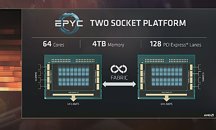
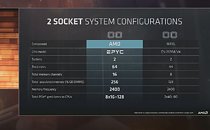
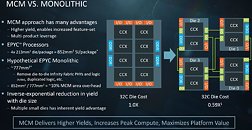


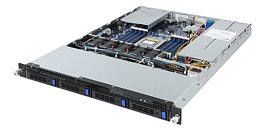
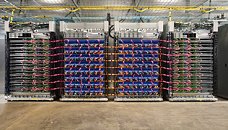

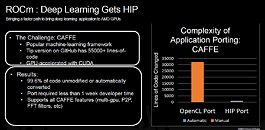
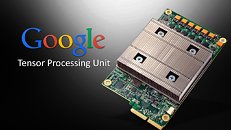
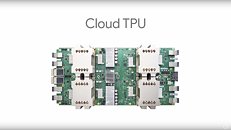
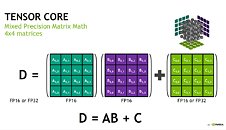
9 Comments on AMD Expands EPYC Availability, Introduces ROCm 1.7 With Tensor Flow Support
blog.dellemc.com/en-us/poweredge-servers-amd-epyc-processors/
funny thing their announcement stated "second half of 2017", well... we're practically at the end of the second half and no products in sight, hell not even an announcement of the product which is very worrisome.
i'm holding back some customers server buys because the EPYC servers will be much better bang per buck than the highway robbery intel charges for artificially gimped CPUs -let alone needing a 2-socket server when i can get away with a 2U single-socked EPYC-
i guess i'll wait for HPE to come up with a DL385 or DL185
HPE has burnt their bridges at our company so that's not happening unfortunately.
but i don't see Lenovo or Huawei with their EPYC lineup either.
what i'm worried about is how will Dell segment the lineup considering epyc is meant to kill 2-socket servers, so it makes no sense to release an epyc R345 (if they still use the XX5 to denote AMD) as en "entry level" when it's meant to replace bigger servers.
my wish is something like this: R445 as the "entry" level with only 1 socket 1DPC -skip the R345 it makes no sense for epyc-, R545 as 2U 1 socket 2DPC, R745 as 2U2S and R645 as the dense version with 2S 1DPC (maybe 2DPC if size fits)
i really really hope they release the R454 as a 2U1S server, it will be killer at that pricepoint
And why would they want to build servers with AMD EPYC? Any good argument for that?